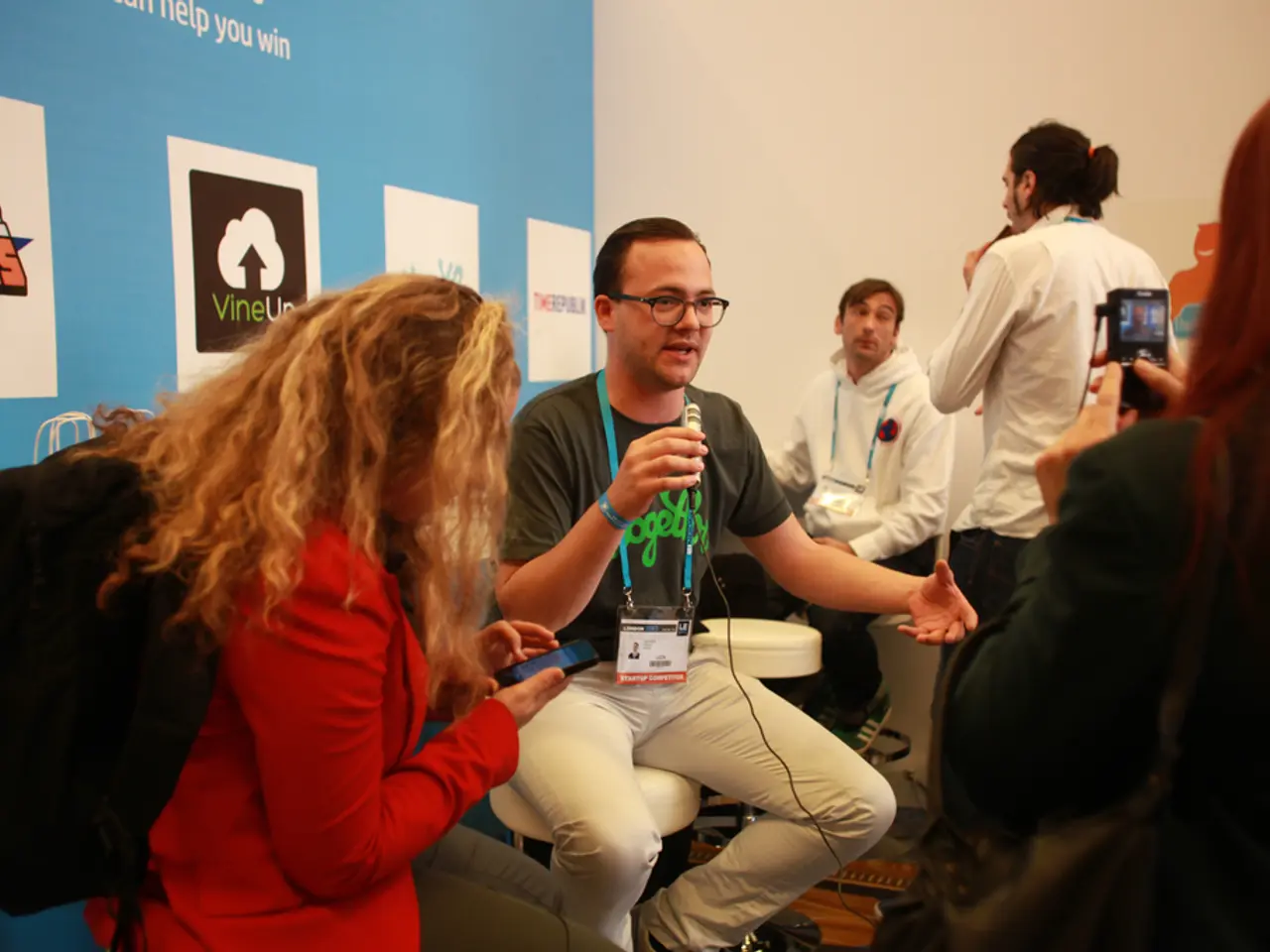Preparing for Behavioral Job Interviews: Methods and Approaches for Boosting Self-Assurance
Preparing for Behavioral Interviews: A Comprehensive Guide
Preparing for a behavioral interview can be an exciting yet challenging experience. Here, we provide a step-by-step guide to help you ace your next behavioral interview.
Identify Key Competencies and Research the Company
Begin by identifying the key competencies required for the job, as listed in the job description. Research the company to understand its values, culture, and expectations.
Brainstorm Specific Examples
Next, brainstorm specific examples from your past experiences where you have demonstrated those skills.
Use the STAR Method
Structure each example using the STAR framework:
- Situation: Set the context by describing the event, project, or challenge.
- Task: Explain your role and the responsibilities involved.
- Action: Describe the steps you took to address the challenge.
- Result: Share the outcome, emphasizing measurable achievements when possible.
Enhance Your Storytelling
To make your stories more effective:
- Focus on specific and concrete examples rather than vague generalities.
- Use chronological order to keep the story easy to follow.
- Include measurable results (numbers, improvements, recognition) to demonstrate impact.
- Maintain a balance of professional achievements and the skills you used to reach them.
- Rehearse to ensure your delivery sounds natural and confident, not rehearsed or robotic.
Practice Makes Perfect
Practice makes perfect. Practice your responses in front of a mirror, mock interview with friends or family, or even record yourself to gain valuable insights into your performance.
Pre-Interview Preparation
Ensure you get a good night's sleep the night before the big day. Dress in a way that makes you feel your absolute best, as feeling good about your appearance can significantly boost your confidence. Indulge in a healthy breakfast that fuels your brain (protein-rich options and whole grains) on the morning of the interview.
Treat the Interview as a Learning Opportunity
Approach each interview as a learning opportunity, celebrating your strengths and identifying areas for improvement. Reframe the interview as a conversation rather than an interrogation to reduce anxiety.
Common Behavioral Interview Questions
Common behavioral interview questions often start with phrases like "Tell me about a time when..." or "Can you describe a situation where...".
Post-Interview Reflection
After the interview, reflect and learn. Engage in self-care before the interview to help reduce stress and boost confidence. For a comprehensive learning journey, explore this external site: https://www.dayone.careers/the-amazon-writing-sample/
Remember, confidence isn't built overnight; it's cultivated through consistent practice and resilience. Affirmations like "I am capable" or "I possess the qualities they're looking for" can boost self-confidence. The day of an interview shouldn't feel overwhelming; treat it as an important milestone. Good luck with your next behavioral interview!
- Integrating smart automation systems into your research on solutions for education-and-self-development and career-development can help you demonstrate your innovative approach to personal growth.
- Explain a situation where you implemented an AI system in a previous project, using the STAR method to highlight your problem-solving skills and the resulting improvements or measurable achievements.
- To showcase your ability to adapt to various work environments, discuss a time when you had to collaborate with a glass-half-full coworker and illustrate the positive impact your teamwork had on the project's results.
- While researching the company, take note of their smart systems initiatives and be prepared to discuss your understanding of and enthusiasm for their use in the company's field.
- In addition to rehearsing potential behavioral interview questions, make an effort to refine your overall delivery, ensuring your confidence comes across as natural and unscripted, similar to delivering a well-crafted speech on the benefits of smart solutions for professional development.




